Here’s a blunt reality about childhood trauma: some of the things you missed as a kid cannot be repaired by going back in time. You can’t become that child again to receive the love and care you desperately needed, and you can’t bring back people who are gone. What you can do, however, is start surrounding yourself with love and support now and begin addressing the triggers, warped thinking, and self-sabotaging behaviors that grew out of childhood trauma. Those are the parts you can heal, and when you do, everything shifts — your thought patterns, your relationships, and your ability to tell who’s a warning sign and who is actually deserving of your heart. Today’s letter contains some hard truths. It comes from a man who calls himself Richard, and he writes: Dear Crappy Childhood Fairy, I spent the first seven years of my life in a chaotic and often unsafe household. My mother was using heroin and her on-again, off-again partner drank heavily. Neither were physically violent, but my mother was almost never emotionally available. She tried rehab a few times and during those periods we stayed with relatives, friends or in temporary foster care. She didn’t work and we had very little money; she was raising three children. I was the middle child between two sisters who had different fathers. My dad lived in California while we lived in the northeast of England. My mother’s addiction and the relapses got so bad that the school wouldn’t allow her to collect us because other parents didn’t want her around their kids, so we had to take care of ourselves very young. My older sister was about eight or nine and my younger sister was only three. We lived on benefits — which I don’t feel ashamed about — but often there was no food in the house and my older sister essentially parented us. I get choked up just recounting this. When I was seven my sister and I woke up to get ready for school and found our mother on the floor: an overdose. We left for our grandparents and never returned, not even for toys. No adult ever explained what had happened. That morning is burned into my memory and it replays constantly. Repetitive intrusive memories after something traumatic are actually common. I’m now 37 and I’ve never had a healthy romantic relationship. Most of my relationships began drunk — I developed alcoholism in my teens, though I’m thankfully six years sober now — and the ones that began without alcohol soon became dominated by extreme anxiety, paranoia, jealousy, and obsessive behavior. The longest relationship lasted four months and I spent five or six years trying to recover from it. I had more or less lost hope of ever being with someone until I reconnected with a former colleague. We began spending time together; she insisted on taking things slowly and keeping things platonic, which I thought I could accept, but the old terror rushed back. We had a kind of romance over Christmas — non-sexual, but intimate — then she reminded me she’d said she wanted to be friends. I care for her deeply; we share interests, text most days, and meet as friends about once a week. She later told me I upset her by coming on too strong at Christmas and that she’d always felt feelings for me when we worked together years ago, but that back then I seemed interested in other people. I can’t recall my headspace from those days; I was actively drinking then and simply couldn’t form healthy romantic bonds. She also confided she has CPTSD from childhood trauma, and said we’d discussed this years ago — a conversation I can’t remember at all. I’m ashamed I don’t remember it, but I do know that before sobriety I wasn’t capable of healthy intimacy. Since she told me I’d upset her, I’ve fallen into a deep depression I haven’t felt since a relationship fell apart eight years ago: I haven’t eaten, slept, or left my room in three weeks. I spend my time waiting for her texts; she does eventually reply and we have good chats, but this pattern feels like abandonment-triggered limerence and might have slid into clinical depression. When you can’t sleep or eat or get out of bed for weeks, that’s a cue to get professional help: call a trusted friend to get you to an appointment or contact a clinician who can help pull you out of that pit. Your emotional collapse is understandable given your history — abandonment in early childhood, a mother who was on heroin, and all the loss that entails — but remembering this is coming from a child’s survival system helps. Labeling it as abandonment rage or “abandonment malange” can take some of the charge away: once you recognize an emotional flashback for what it is, it becomes easier to calm and respond rather than be driven by it. Right now this woman seems to want a friendship, sometimes to take what she needs from your affection without committing. That dynamic is harmful to both of you and particularly damaging to someone recovering from trauma. The first step is to seek professional help for the immediate depression and to lean on supportive friends who understand. Then set a clear boundary: you can let her know you care but that you have romantic feelings and can’t remain in a close friendship if she expects something purely platonic — or, if you prefer, close the door entirely so you can move on. If she cannot accept your honesty, that’s a sign she’s not the right partner. Two people with CPTSD can absolutely have a good relationship, but both must be committed to healing and actively working on themselves; anything less won’t sustain a healthy partnership. You’ve been sober six years, and it’s normal that deep feelings can arise then — healing and healthy relationships take practice and time. If you want to keep the door cracked, be explicit about your feelings and your needs. If you’re being strung along, it’s reasonable to suspect she may want the adoring presence without reciprocating. Try to surround yourself with people who help you stay grounded and get professional support so this person does not become your life-or-death issue. Throwing away your life or hope for someone who isn’t truly available would be tragic when someone who genuinely cares could be around the corner. Trauma can make romantic longing feel profound and mistaking that intense ache for “true love” is easy; it’s often limerence — an addictive preoccupation with someone you can’t really have. Next letter: a woman called Gina writes, Hi Anna, I had a terrible childhood with a narcissistic mother and an alcoholic father who was emotionally and physically absent. I developed anxious attachment. I’ve repeatedly dated narcissistic or emotionally unavailable men and have been doing therapy to break the pattern. Last year while traveling I met a charming recently divorced man. We dated briefly and got physical at first; his attention declined from daily to every few days to long silences. After I returned to my country he barely contacted me. Later I went back to his country for work and he seemed excited to see me but didn’t make plans. My anxious attachment was triggered: I couldn’t stop checking my phone, lost weight, had insomnia. After he ghosted me for 10 days, I texted that we should end things because he wasn’t interested, adding that we could reconnect if he could be consistent. He replied that he didn’t want a relationship but might be open to one if we kept in touch, then asked to meet so we could talk. I agreed, then changed my mind because something felt off — I suspected he wasn’t genuine and might be seeing someone else. I told him I changed my mind and listed red flags, then blocked him while he was replying. I later saw him on a date with another woman, and months later I still feel guilty for how I ended things; I regret not giving him a chance to respond. I wonder if I misjudged it and whether he might have wanted to be with me. How do I move on and finally let go? Gina, your upbringing with a narcissistic mother and alcoholic father makes anxious attachment unsurprising. Anxious attachment creates a pattern of getting pulled between standing up for yourself and then being swept back by the terror of abandonment. You showed good instincts — recognizing red flags and trying to set boundaries — but then the abandonment wound and anxiety pushed you into second-guessing. The man’s behavior — waxing and waning interest, long periods without contact, appearing excited but not following through — fits the profile of someone not committed or possibly keeping you as an option. If a person has sex or intimacy with you and then repeatedly ghosts you for long stretches, that’s a sign they’re not romantically serious. Confusion is the hallmark of limerence: your trauma wound tells you one story while actual behavior points another way. You might also have gone back to his city partly hoping to rekindle things; that’s a natural longing, but a relationship alone won’t heal anxious attachment. Healing requires tools, consistency, and community: friends, therapy, and practices that help you get honest about your patterns and change them. Regarding the way you communicated, when you set boundaries it’s often more effective to say “this is not working for me” rather than “I’m leaving because you’re not giving me X,” which can become an opening for manipulative responses. He said he didn’t want a relationship yet tried to keep you nearby — classic bookmark language that invites hope but doesn’t commit. Your gut that he might be keeping you on ice is valid. Blocking him in anger was a human reaction to being treated unfairly, but the guilt afterward is your anxious attachment worrying you made the wrong call. It’s important to realize: you didn’t deserve to be ghosted. He showed you who he was; believe that and protect your energy. If someone is truly into you, they’ll show up consistently, remember the little things, and invest in knowing you. You can change this pattern: take time to heal, cultivate clear boundaries, gather supportive people around you, and avoid people who trigger your abandonment wound. Don’t mistake the longing for something that will save you; tune into reality and your standards. If you’re tempted to return to similar dynamics, lean on structured approaches, community, and therapy. Next letter is from someone who calls herself Aay: I’m 40 and after discovering this channel I realize I have CPTSD. I left home at 12 because my mother, a narcissist, allowed her boyfriend to assault me and wouldn’t believe me; I chose foster care. My mother still refuses to believe me. I felt safe in foster care and didn’t think I needed therapy until recently — about a year ago I finally began therapy to uncover blind spots. I was in a 12-year relationship in which my partner cheated after four years and I stayed, hoping he’d change. I recently met a man online who seemed perfect. He also has CPTSD but it wasn’t obvious; for a while he made me feel seen and safe and encouraged me to get therapy. We spent a lot of time on the phone and later saw each other; when we met we stayed apart but shared care during a COVID infection. He showed tenderness and never pressured me. Then, right before my birthday, something triggered him and he shut down. He asked not to be messaged because notifications caused him to collapse; he said he felt he’d failed me and couldn’t cope with contact. We went from loving communication to months of near-ghosting. He claims he started therapy and sometimes promised to reach out but then retreated again. I’m shattered and keep hoping he’ll come back; I feel stuck and can’t decide whether to wait or let go. I want to fly to surprise him and hug him, but part of me thinks if he loved me he wouldn’t risk losing me. Is this worth waiting for or is trauma tricking me? AE, you’ve survived more than anyone should have to. Leaving home at 12 to escape assault and neglect — and surviving foster care — shows extraordinary resilience. You both have trauma histories and he has been able to be present in ways that helped you grow; that’s meaningful. But he told you plainly he’s “broken” and said he can’t handle the relationship right now, asking for space because contact triggers collapse. Take his words at face value: either he truly cannot be available now, in which case he isn’t a reliable partner, or he is using avoidance in a way that’s indistinguishable from absence. Either way, someone who ghosts you for months without a clear, sustained plan for repair is not a safe bet. You can be compassionate toward him while also protecting yourself. Showing up uninvited would likely violate his request and could retraumatize you further. It’s natural to want to be there for someone who helped you become a better version of yourself, but your needs matter too — you need safety, presence, and someone who can stay with you. Staying friends with someone when you’re in love with them often prolongs the pain and keeps you trapped in longing; that makes it harder for someone else who could be a devoted partner to find you. What you’re feeling — grief, anger, panic that’s more intense than your peers’ — is likely abandonment malange: a severe mix of grief, rage, and terror that people who were really abandoned as children often experience. Naming it helps. When you’re able to say “I’m having abandonment malange,” the intensity often falls to a level you can tolerate and work with. This is why professional support, structured practices, and compassionate friends are crucial. There are practical techniques that can help handle emotional flashbacks and chronic anxiety. The Daily Practice is one such approach: a simple writing method followed by a brief meditation to help you process big emotions and re-regulate. It’s taught in free resources available online, often accompanied by live Zoom calls where people do the techniques together, which reduces isolation and helps prevent spiraling into delusion. Real healing comes from repeated, small choices in the present — refusing to keep people who mistreat you in frequent orbit, staying open to people who show up consistently, and surrounding yourself with people who remind you of your standards. You were forced to “fit yourself to crap” as a survival strategy; healing is about learning not to accept that treatment anymore and retraining your red-flag detector so you can spot unhealthy people early. That means practicing clear communication, owning what you truly want (whether that’s marriage or a long-term committed relationship), and learning to be deliberate in relationships rather than swept away or frozen. Some people with CPTSD have been conditioned, perhaps even by therapy styles, to over-process and dwell on feelings so much that conflict becomes about emotional expression rather than solutions; learning to write, to distill and communicate concerns concisely, and to use practical problem-solving in relationships makes them more sustainable. Emotional flashbacks can make you seem unreasonable, volatile, or fragile to a partner, which pushes healthy people away; working on regulation and making small, consistent changes in how you respond will help. Unpacking and owning what you want — writing it down and being honest about it — prevents you from entering relationships dishonestly and reduces the chances of repeated disappointment. The roots of these patterns are the childhood wounds: abandonment, neglect, and the need to adapt. Give yourself credit for wanting to heal — it’s courageous and noble. Learning about CPTSD and giving language to what you experience can lift some of the shame and self-blame. Neglected children often become people pleasers who keep unhealthy partners because any adult presence felt better than none; learning to notice who truly has your best interest at heart is part of recovery. You can stop rescuing emotionally unavailable partners and instead let people show you reliably over time that they can be with you. If someone treats you badly, blocking them or setting firm boundaries is not mean — it’s self-preservation. When you’re triggered into thinking you misjudged a situation, remember that trauma will amplify longing and make transient attention feel like destiny. Test people against concrete, observable behaviors: do they remember life’s small details, do they make plans that come to fruition, do they invest in your happiness in ways that are sustainable? If not, don’t pin your life on them. Healing takes consistent work, tools, and community. Tools like a daily writing practice, therapy, support groups, or structured programs can help you regulate, stop reliving the past in relationships, and become the person who attracts healthy partners. You can change your patterns: replace “fitting to crap” with discernment, replenish your red-flag awareness, and choose people who actually follow through. That’s how abandonment stops showing up as repeated heartbreak. If you’ve been abandoned, grief and rage can feel chemically overwhelming. Naming abandonment malange and learning to notice emotional flashbacks gives you power to step out of extreme reactions and make choices from present reality. Finally, practical steps: seek professional help for severe depression or anxiety, lean on friends who will hold you accountable to boundaries, learn concrete regulation techniques (such as structured writing and brief meditations), and get involved in communities where others are healing so you don’t go it alone. There’s no quick fix, but with steady support and realistic, practical tools you can make relationships that are loving, stable, and life-affirming. For free resources and guided practices, search for “Daily Practice” and the Crappy Childhood Fairy site; many people have found them helpful for calming intense emotions and learning how to proceed in dating and life without being overwhelmed by the past.



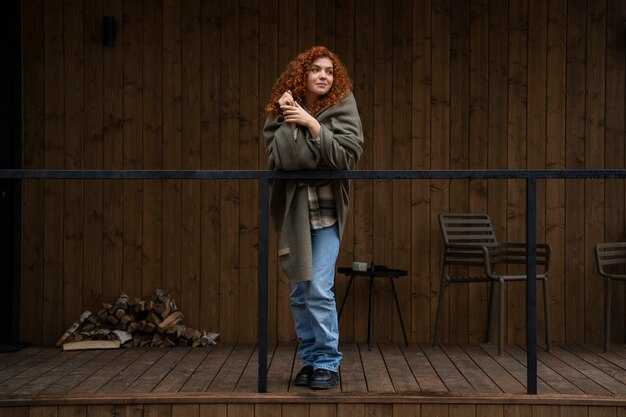 Cosa fare quando ti senti abbandonato">
Cosa fare quando ti senti abbandonato">

 Come smettere di FERIRE il tuo partner.">
Come smettere di FERIRE il tuo partner.">
 Why You Miss the Red Flags (Until You’re Already Trapped)">
Why You Miss the Red Flags (Until You’re Already Trapped)">
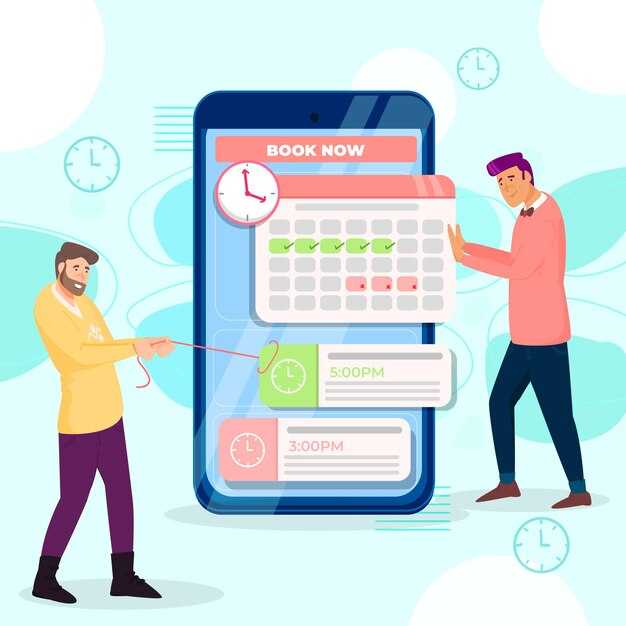 Scheduling “Intimacy” Agree or Disagree?">
Scheduling “Intimacy” Agree or Disagree?">
 5 Trauma Habits That Are Secretly Ruining Your Life">
5 Trauma Habits That Are Secretly Ruining Your Life">
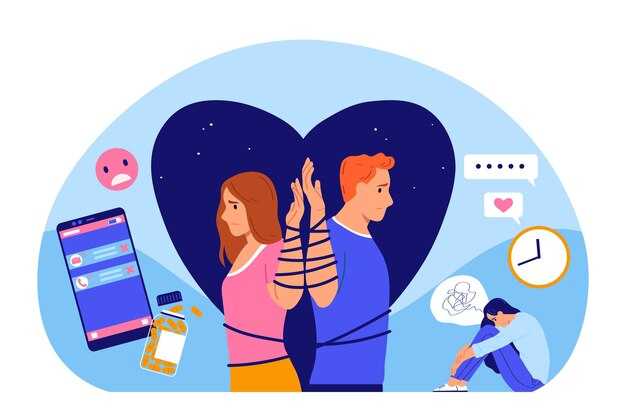 Keep God out of Relationships.Right?">
Keep God out of Relationships.Right?">
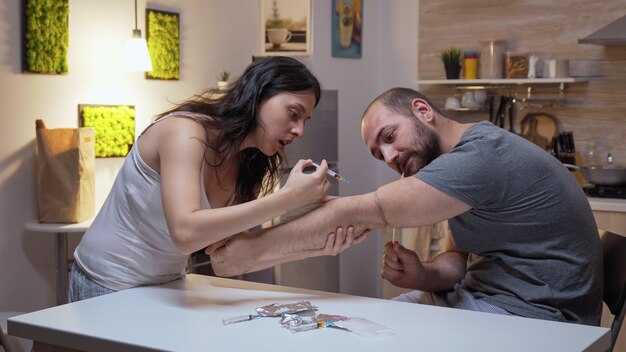 Come RIPARARE il tuo MATRIMONIO! Avrai bisogno di questi STRUMENTI!">
Come RIPARARE il tuo MATRIMONIO! Avrai bisogno di questi STRUMENTI!">
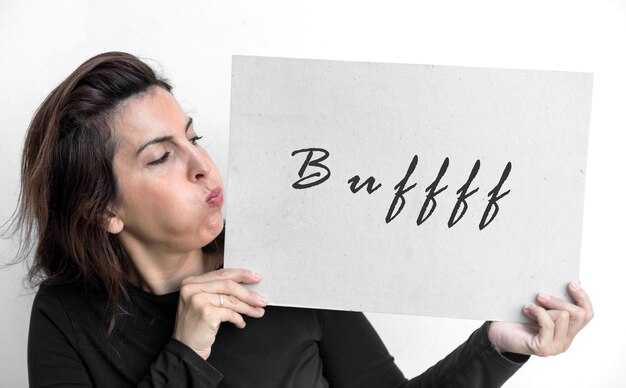 L'Esatto Momento in Cui l'Evitante Finalmente Cede | Miglior discorso motivazionale di Mel Robbins">
L'Esatto Momento in Cui l'Evitante Finalmente Cede | Miglior discorso motivazionale di Mel Robbins">
 4 Domande che gli Evitanti non riescono a rispondere, Non fare Tardi, Chiedi loro Questo | Jordan Peterson">
4 Domande che gli Evitanti non riescono a rispondere, Non fare Tardi, Chiedi loro Questo | Jordan Peterson">
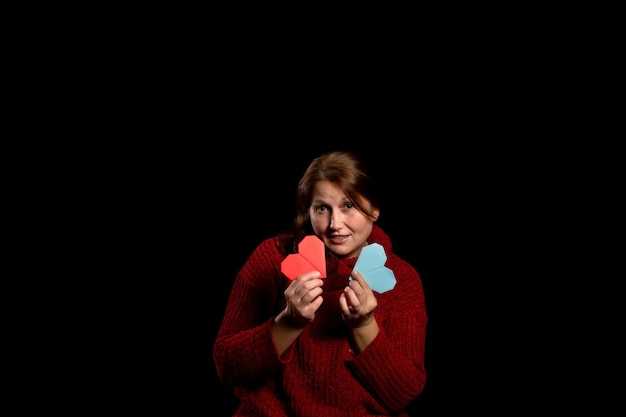 Questi Segnali Significano che una Persona Evitante Prova un Amore Autentico per Te (Psicologia)">
Questi Segnali Significano che una Persona Evitante Prova un Amore Autentico per Te (Psicologia)">
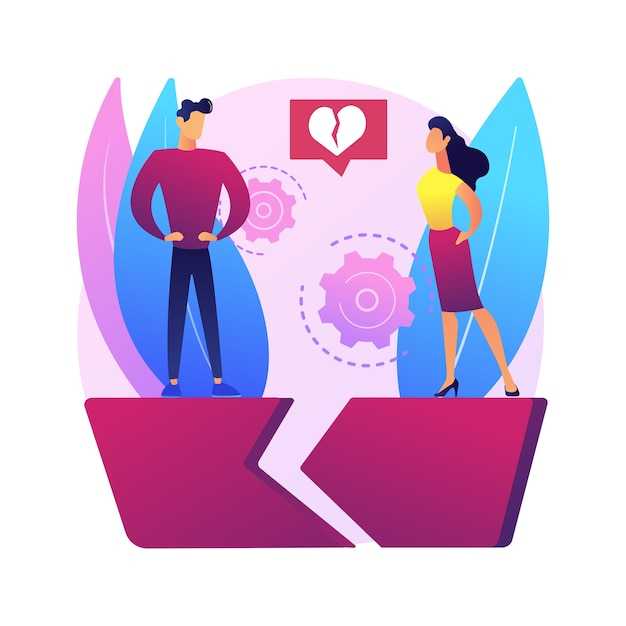 Come validare i sentimenti irrazionali del tuo partner">
Come validare i sentimenti irrazionali del tuo partner">